News
-
 Physics
PhysicsLIGO snags another set of gravitational waves
Two black holes stirred up the third set of gravitational waves ever detected.
-
 Archaeology
ArchaeologyPeru’s plenty brought ancient human migration to a crawl
Ancient Americans reached Peru 15,000 years ago and stayed put, excavations suggest.
By Bruce Bower -
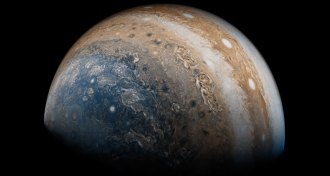 Planetary Science
Planetary ScienceJuno spacecraft reveals a more complex Jupiter
NASA’s Juno spacecraft has sent back unexpected details about Jupiter, giving scientists their first intimate look at the giant planet.
-
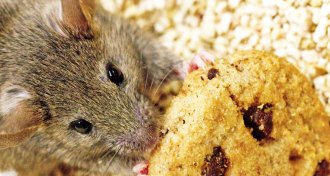 Neuroscience
NeuroscienceObscure brain region linked to feeding frenzy in mice
Nerve cells in a little-studied part of the brain exert a powerful effect on eating, a mouse study suggests.
-
 Earth
EarthDeep heat may have spawned one of the world’s deadliest tsunamis
The 2004 Indonesian quake was surprisingly strong because of dried-out, brittle minerals far below.
-
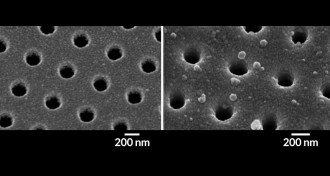 Health & Medicine
Health & MedicineNew test may improve pancreatic cancer diagnoses
Blood test that detects five tumor proteins may someday help doctors better screen for pancreatic cancer.
-
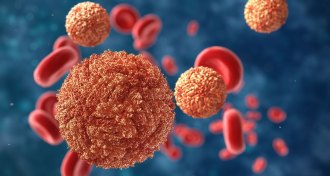 Genetics
GeneticsThe Zika epidemic began long before anyone noticed
Zika spread undetected into Brazil and Florida, a genetic study suggests.
By Laura Beil -
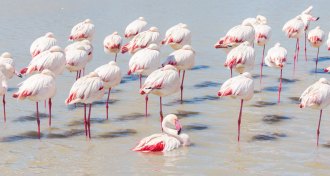 Life
LifeHow a flamingo balances on one leg
Flamingos’ built-in tricks for balance might have a thing or two to teach standing robots or prosthesis makers someday.
By Susan Milius -
 Archaeology
ArchaeologyTool sharpens focus on Stone Age networking in the Middle East
Stone Age tool’s route to Syrian site covered at least 700 kilometers.
By Bruce Bower -
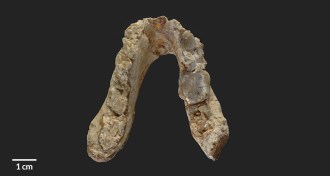 Anthropology
AnthropologyEuropean fossils may belong to earliest known hominid
With new analyses of Graecopithecus fossils from Greece and Bulgaria, researchers argue for possible hominid origins in Europe, not Africa.
By Bruce Bower -
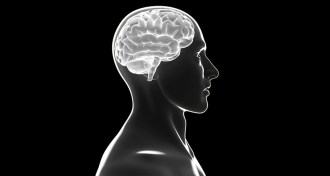 Health & Medicine
Health & Medicine40 more ‘intelligence’ genes found
A study of nearly 80,000 people turns up 40 genes that may have a role in making brains smarter.
-
 Health & Medicine
Health & MedicineEven short-term opioid use can set people up for addiction risks
A study of opioid prescriptions for sprained ankles finds that patients prescribed 30 or more pills are more likely to seek refills.
By Laura Beil